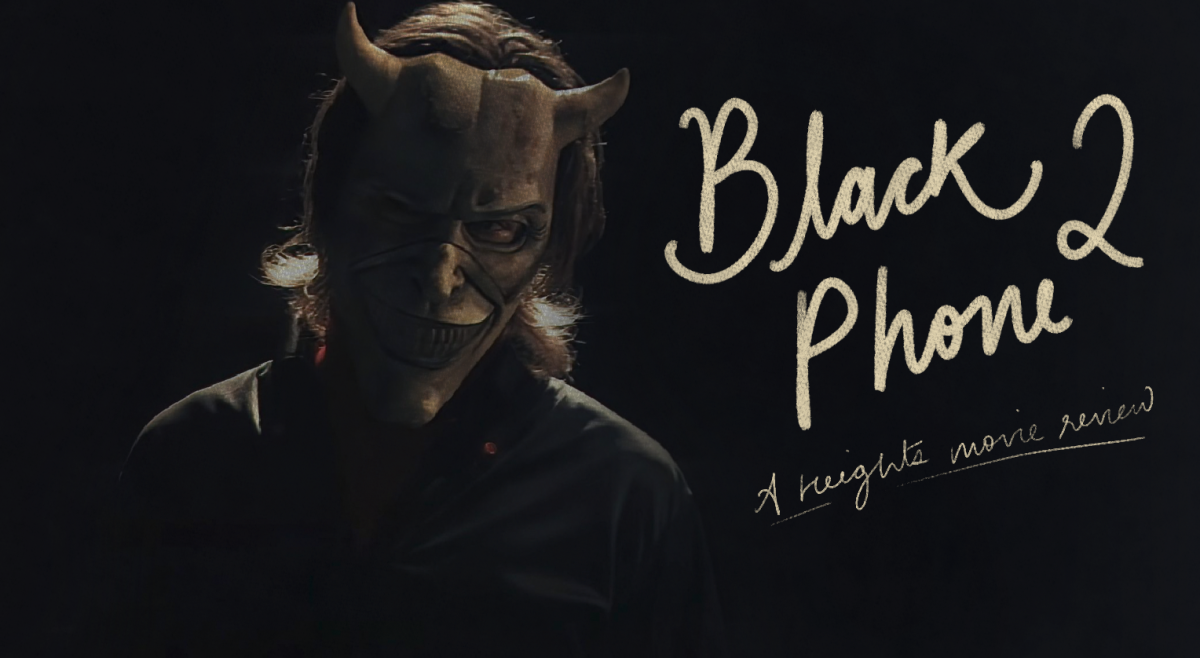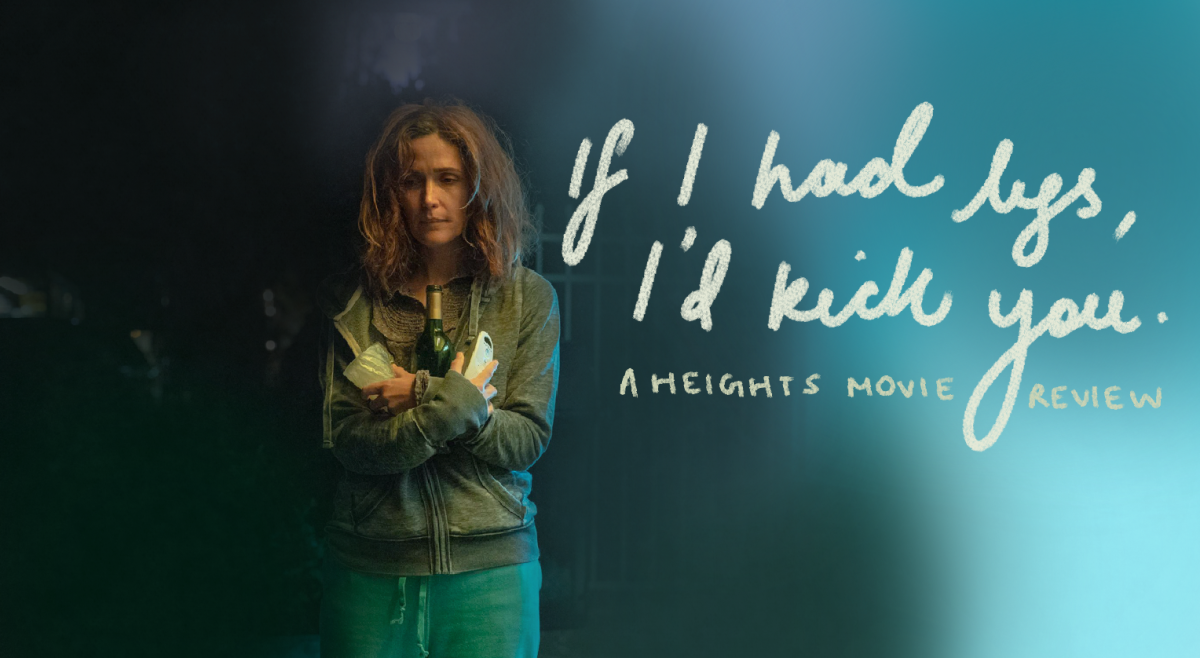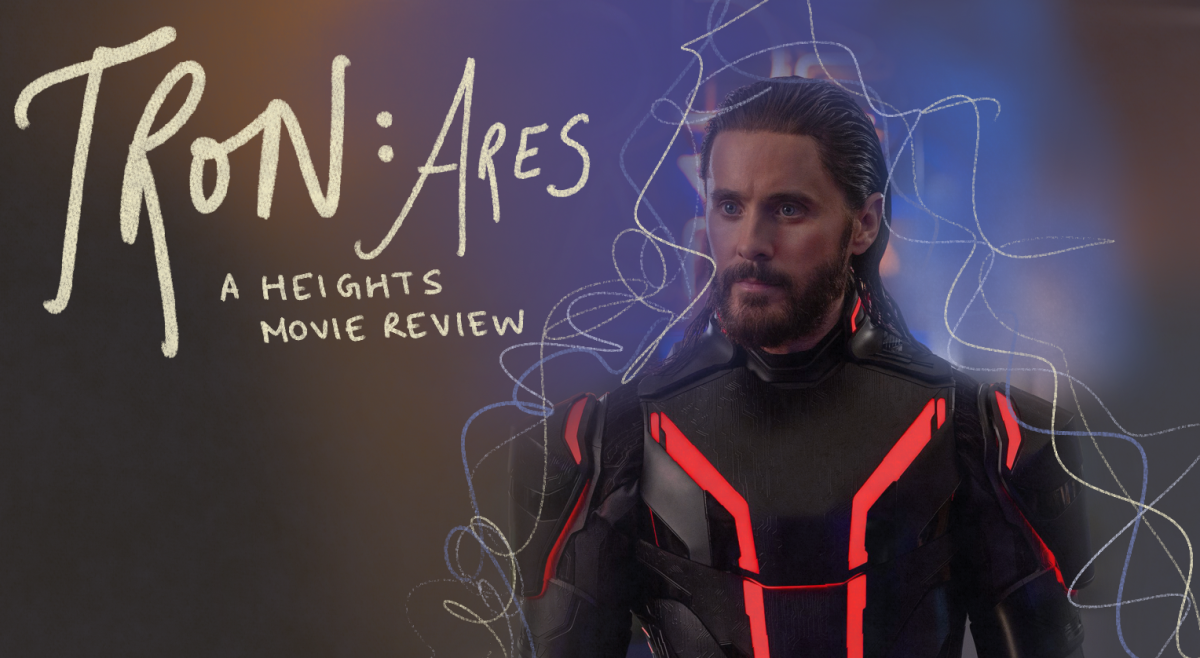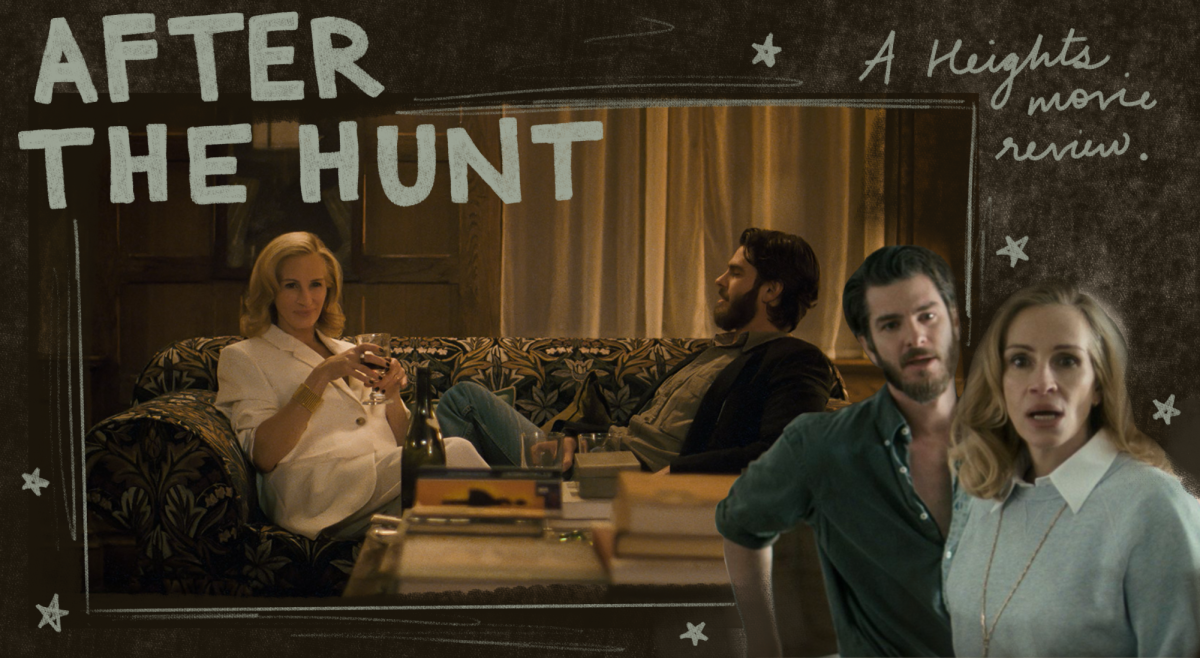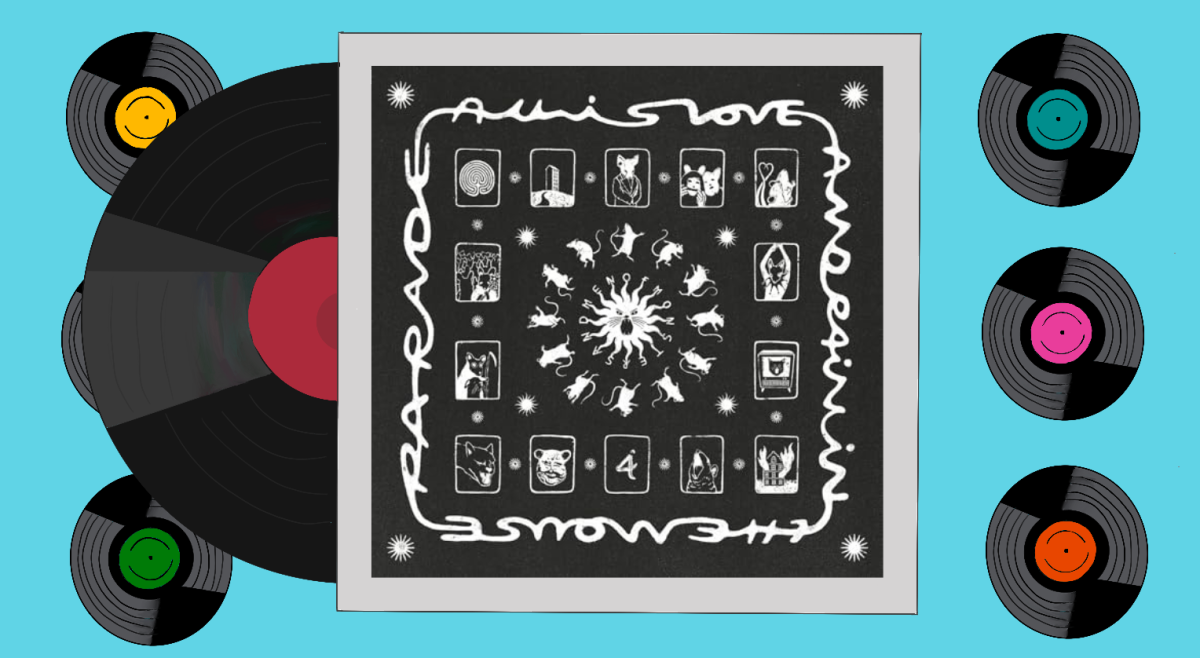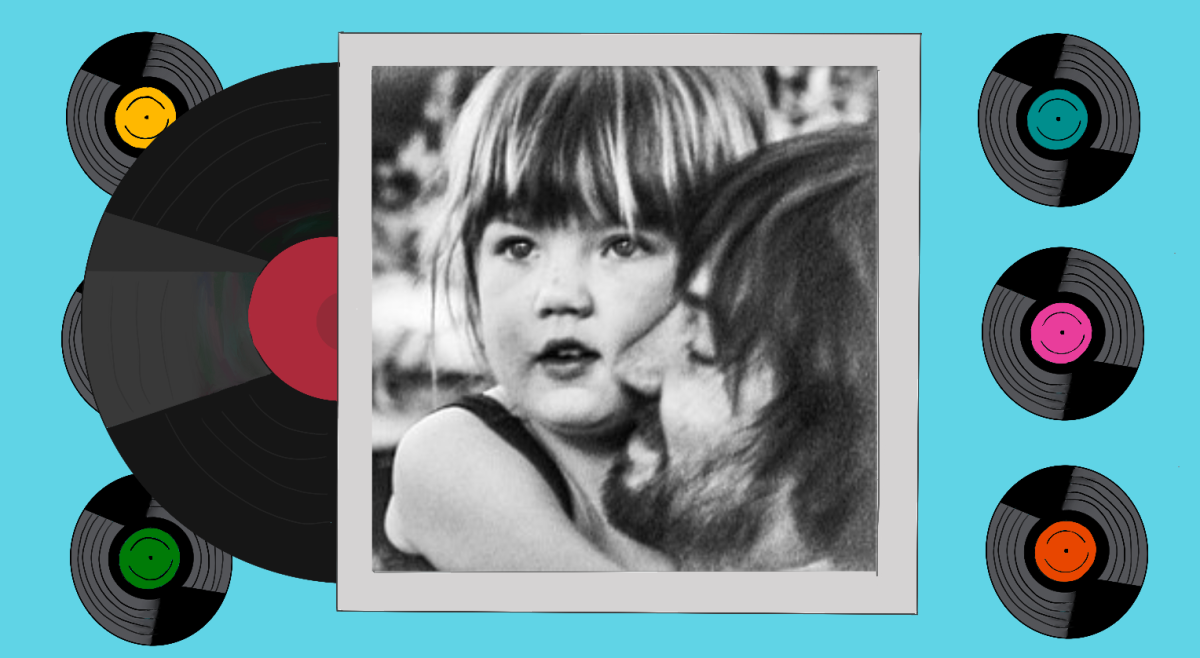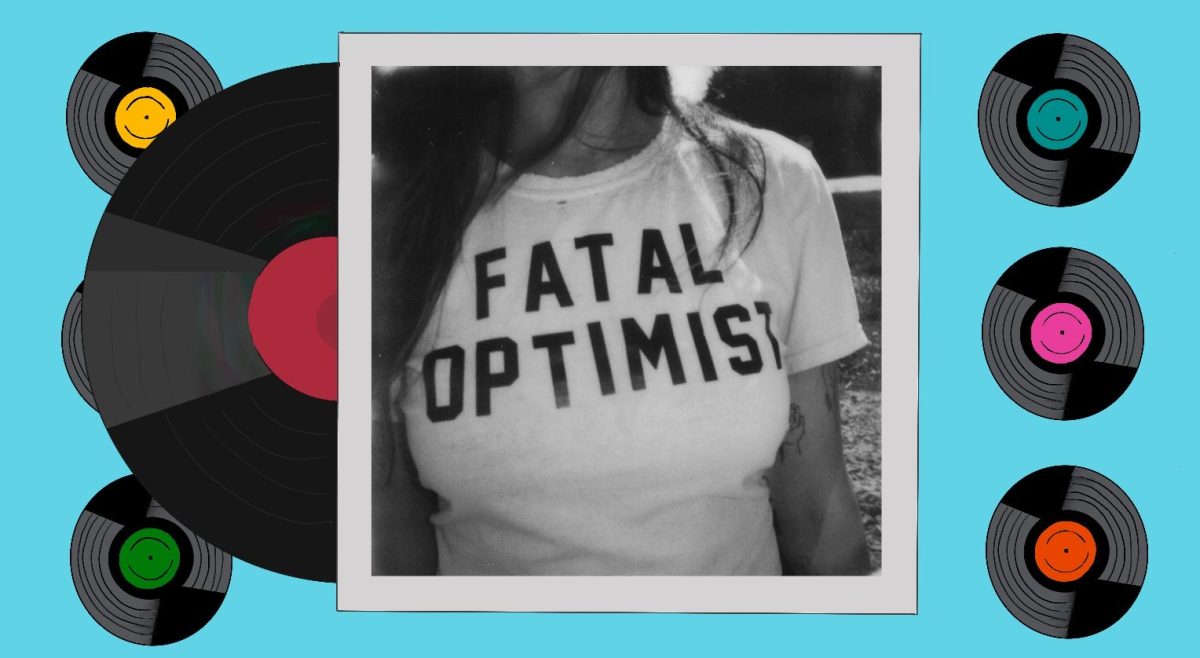★★★★☆
Director Denis Villeneuve’s latest film starring Timothée Chalamet and Zendaya, Dune, will absolutely thrill sci-fi lovers. Taking place in outer space 10,000 years in the future, the movie follows the story of Paul Atreides (Chalamet), the royal son of Duke Leto (Oscar Isaac), and Lady Jessica (Rebecca Ferguson). Though primarily raised by Lady Jessica and pilot Duncan Idaho (Jason Momoa), Duke Leto still serves as an honorable role model for Paul.
Leto is soon tasked with bringing peace and control to Arrakis, a dangerous desert planet harboring immense amounts of spice, the universe’s most sought-after natural resource. Arrakis is inhabited by native Fremen who know how to survive among the perilous sandworms—the gigantic creatures swarming underground.
Though quite lengthy, Dune keeps its audiences engaged with enthralling performances from its starlit cast, action-packed sequences, and awe-inspiring settings. The sheer scale of the film’s production quality is highlighted in its stunning landscapes.
Dune also knows exactly how to use music and sound to keep viewers on the edge of their seats. The Arrakis worms seek out anything that makes a rhythmic sound, and their movements through the desert cause the sand to roil in turbulent waves. Composer Hans Zimmer beautifully renders suspenseful, exciting scenes through powerful effects and ethereal scores.
In a roundtable opportunity through Warner Brothers, The Heights was able to engage in a discussion about Dune with Chalamet and Zendaya on their experiences portraying Paul and Zendaya’s character Chani. Both actors shared that one of the biggest perks of the film was being able to work with such a talented cast.
“Rebecca Ferguson, Oscar Isaac, Zendaya, Jason Momoa—these are like some of the, you know, our most talented and strongest actors working right now, so total dream come true,” Chalamet said. “Something I would do again in a heartbeat, and I hope we get another chance to.”
Though her time on the set was shorter than many of the other main cast members, Zendaya said that she felt a connection to her character Chani.
“I’ve always been called an old lady. Like since I was born, I’ve always been ‘grandma,’ and I think that [Chani] has that wise spirit,” Zendaya said. “Having to be thrown in situations where you’re the youngest one in the room, I think causes you to grow up a little bit faster.”
Zendaya also said that while the film’s sheer scale and otherworldly storyline might have seemed alienating to viewers in the hands of a different director, Villeneuve adeptly maintained and honed in on the humanity of the characters within the backdrop of the astronomical plotline.
“Something as simple as the relationship between a mother and a son—that was really powerful to me,” Zendaya said, regarding the scenes between Paul and Lady Jessica. “I haven’t seen that often.”
Though the film lacks nothing in terms of performance and production value, the original novel the film is based on—published in 1965 by Frank Herbert—imagines race in a way that does not make sense for a universe set 10,000 years in the future. Most of the oppressed and exploited Fremen are portrayed by people of color, while the royal Atreides family is primarily white. Though this is representative of America and Europe’s colonial past, both the novel and the film’s choices in regards to race do not fit as well for a portrayal of the intergalactic future.
In attempting to comment on colonialism, Dune actually falls into some more stereotypical character designs. Many of Dune’s side characters who are played by racial minority actors have riveting backstories but are allotted little screen time. Doctor Yueh (Chang Chen), for instance, plays the only Asian-equivalent character in the film, and though his role is significant, he has few scenes in the film. The role of Liet-Kynes (Sharon Duncan-Brewster) is similarly brief.
Given that the film is two and a half hours long, it feels as if Villeneuve could have focused more on these characters of interest even at the expense of the greater storyline, especially given the current fight for greater representation in Hollywood.
Moreover, Paul, arriving as a potential bringer of peace to the Fremens, falls into a white savior role. Though his development as a leader is nuanced and enjoyably high-stakes, this is not enough to save the film from token representation and even problematic racial depictions.
These problems originate, of course, from Herbert’s novel, but the film’s writers and Villeneuve himself could have imagined a more progressive world—especially given that the film’s genre is science fiction, which is all about the advancement of human life. Dune could have imagined a world beyond our current conceptions of race and still depicted a story about warfare on native land and audiences in Chalamet and Zendaya’s generation would have gotten the metaphor.
But, if viewers are looking only for a visually stunning and gripping film, Dune undeniably fulfills that role. The film’s star-studded cast and budget more than pay off for a viewing experience unlike any other. For those coming out of at-home streaming binges itching for a satisfying theater experience, Dune will be the perfect choice for their next movie ticket.
Photos Courtesy of Warner Bros. Pictures and Legendary Pictures











